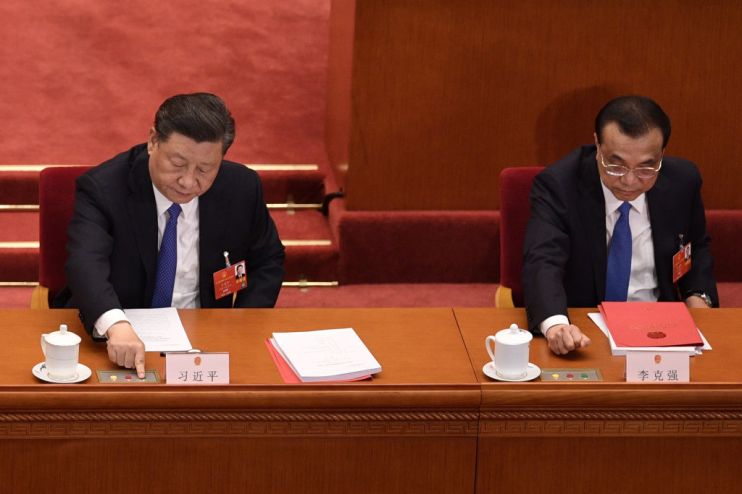China’s parliament approves controversial Hong Kong security bill

China’s parliament has approved the controversial bill which imposes national security legislation on Hong Kong to tackle secession, subversion, terrorism and foreign interference.
Defying international pressure, the National People’s Congress voted 2,878 to one in favour of the decision to empower its standing committee to draft the legislation, with six abstentions.
Protestors in Hong Kong have rallied against the bill all week, with police arresting 300 people yesterday amid new anti-China unrest. Protestors were opposing the anthem bill, which would criminalise insulting it, and the security bill passed today, which they fear will strip the territory of its autonomy.
The anti-mainland sentiment was fuelled last summer by a proposed bill that would have allowed criminal suspects to be extradited to China. Critics argue that the security bill is a direct attempt to curtail the freedoms granted to the territory when sovereignty was handed back to China in 1997.
Chinese officials will draft details of the new laws, which it is believed will ban sedition. Chinese authorities and the Beijing-backed government in Hong Kong insist there is no threat to the city’s autonomy.
Meanwhile, US Secretary of State Mike Pompeo says he has certified to Congress that Hong Kong no longer merits special treatment under US law, potentially dealing a devastating blow to the city’s status as a major global financial hub.
“No reasonable person can assert today that Hong Kong maintains a high degree of autonomy from China, given facts on the ground,” he said in a statement.
“It is now clear that China is modelling Hong Kong after itself,” he added.
The declaration could spell the end of the Hong Kong’s status as one of the world’s pre-eminent financial centres, with the decision opening the door for President Trump to end some of its trading privileges if he so desires.
According to a law passed last year, the state department is required annually to certify whether the state retains enough independence from Beijing to maintain its favoured position.
Get the news as it happens by following City A.M. on Twitter.